Turn-based or real-time, grand strategy or tactical RPGs, there are many sub-genres within the strategy game umbrella. In a strategy game, each player creates additional units and structures and then maneuvers them to secure areas of the map and/or destroy their opponents' assets. It is a hard but rewarding type of video game that a lot of PC players might enjoy.
In this article, Gurugamer is going to showcase the top 5 best strategy games for low end PC.
1. Total War: ROME II
Rome 2 had a rough start but has evolved over time to become my favorite Total War. One of my favorite features is the sheer variety of factions to choose from. The main game and Grand Campaign feature 14 playable factions, covering all of the major and some of the minor players in this era. They're spread across four large Cultural Groups (Roman, Hellenic, Barbarian and Eastern, each of which have different fighting styles, buildings etc) and 9 Cultures, each offering different traits and bonuses. And while factions within the same culture may be similar, each still has some unique units and specific challenges that I feel adds to the replayability.
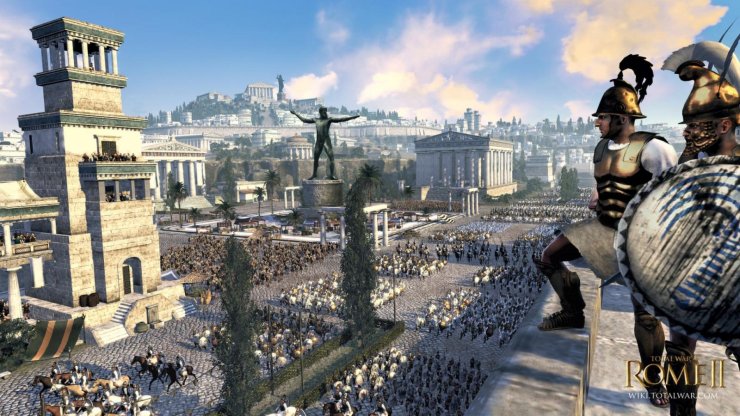
Mechanically if you're familiar with Total War games you'll recognize the combination of a Turn-Based Campaign with Real-Time Battles featuring hundreds or even thousands of soldiers. Rome 2 introduced a number of new ideas to the series which have then evolved in later games but still hold up well in my view.
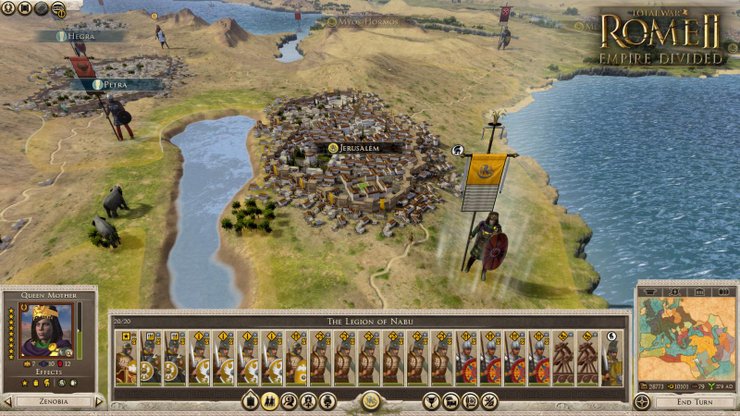
Armies and navies now have their own names and traditions (skills,) and are now tied to a particular General or Admiral (so you recruit from the army, not the settlements, though what you can recruit is based on the buildings in that province.) There's also now a cap on the number of armies and navies each faction can field, though this can be increased through Imperium. This means you generally don't have lots of little armies swarming all over the place. And while this does mean there's a small loss of strategic flexibility, I find it also means you have to put more strategic thought into where you place your limited armies.
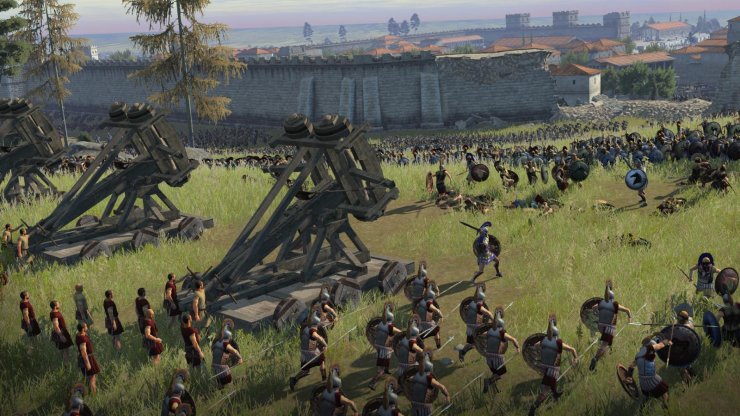
The Imperium system introduces advantages, but also penalties for conquering territory and growing your empire. As it gets bigger your Imperium level increases, allowing you to field more armies and agents, as well as enact more edicts (province-wide bonuses,) but also introduces new governance and logistical issues (represented by increases in corruption, disloyalty and unit upkeep costs.)
2. Stellaris
Stellaris itself is a semi-realtime strategic simulator, where you take a fledgling planet and turn it into a sprawling galactic empire... or more likely die trying. You control literally every aspect of your empire: how your government is set up, where your pops live, how they're treated, what they research, what planets they colonize, and how you deal with the galaxy around you. There are some automated aspects when it comes to ship design & planet/sector management, but these are almost always less efficient than player-controlled choices, and thus are best given as little automation as possible.
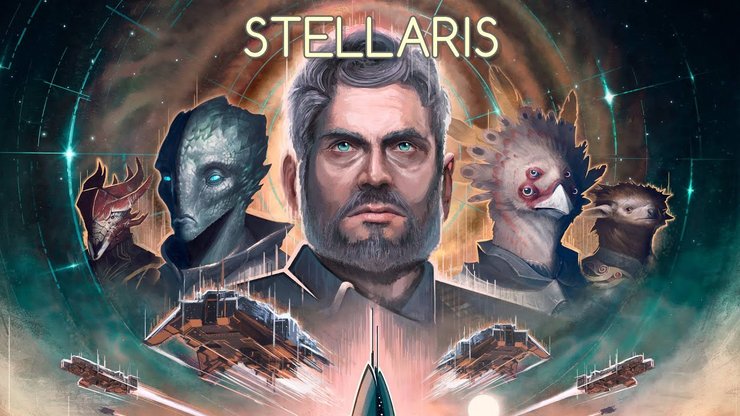
With that said, there's a massive amount of information constantly being thrown at the player throughout the game, even enough to make veterans stumble from time to time. The tutorial by itself is insufficient in preparing the player for the full burdens of managing an empire all on their own, especially when dealing with the hidden interactions between traits, ethics, & research specialties, and thus an extensive reading of the wiki is highly recommended.
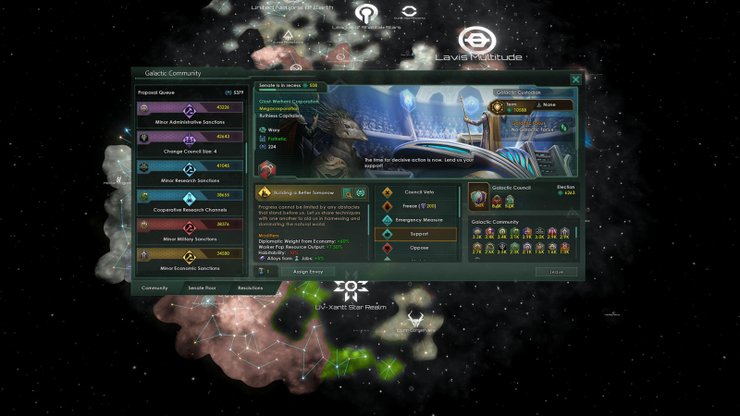
The AI itself is at times odd, and predictably unpredictable. Everyone has different views regarding the AI, with personal skill and playstyle usually weighing heavily on their opinions. From personal experience, the AI can be compared to an early-mid tier player, depending on difficulty modifiers. They can utilize basic functionality like colonizing planets, utilizing relationships/trading, building fleets, etc, but they tend to have glaring issues that can be exploited. Specifically, they tend to have issues creating & maintaining their economy, leaning more towards early gains for later losses, and panic spam specific structures when certain resources start running low.
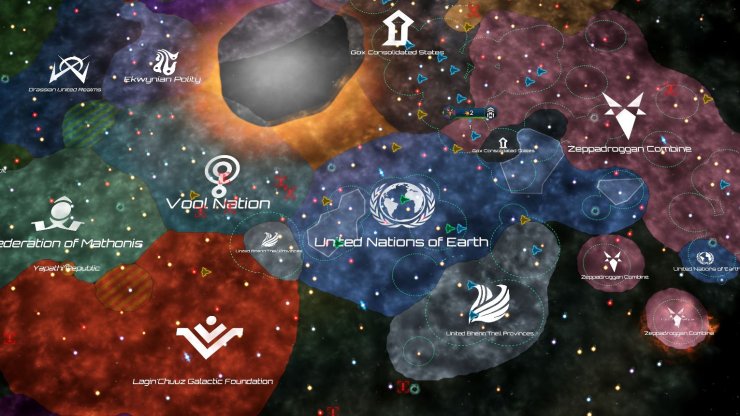
Grand Admiral difficulty can absolutely wreck all but the strongest builds, and a mega federation can easily end a game, no matter how strong you are. Make no mistake, there will always be a challenging difficulty for all players. With that said, it's perfectly acceptable to find and stop at one that you find both challenging & enjoyable. For me, it's a 2300-2350 scaling Admiral game on a small galaxy, with 0.25 planet spawns and 0.5 hyperlane density. Your mileage may vary, as there are much, much bigger galaxy sizes to choose from... provided you have the time & energy to complete them.
3. Ashes of the Singularity: Escalation
Ashes of the Singularity: Escalation is something of a pleasant surprise in this day and age. For the past ten years or so, the RTS genre has (mostly) been about speeding things up. Developers would make RTS games smaller in scale, faster, and with more and more emphasis on aggressive play at the expense of defensive play. This makes sense in a competitive/e-sport/twitch streaming context where "turtling" players are (apparently) not interesting to watch.
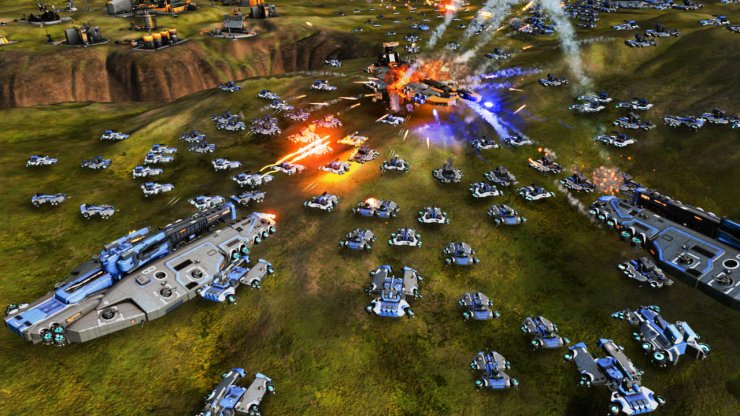
Where Ashes of the Singularity: Escalation really sets itself apart is in its willingness to let the player play how they like. It rewards both aggressive and defensive play and never, ever seems to push you in one way or another. Whereas other RTS might restrict or even not include the building of defensive structures, Ashes does no such thing. It lets you reinforce any portion of the map that you wish and to whatever level you want. This may seem like a bad thing but in this day and age, it is a unique and almost precious quality.
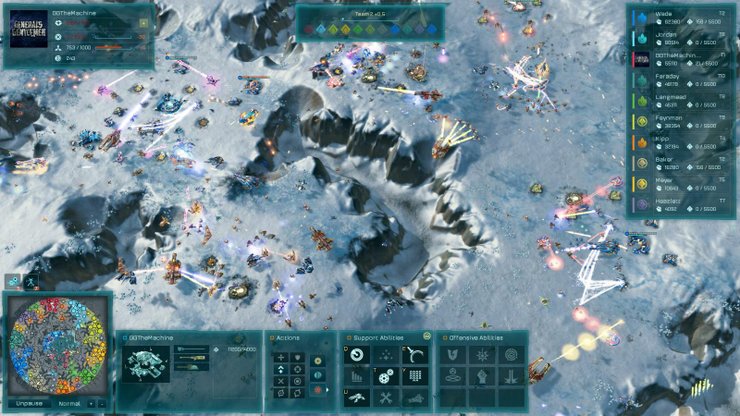
Additionally, it places more emphasis on your standard units. This game has no "hero units" per se and instead relies on the building of small, medium, and dreadnought-sized vehicles that are all very capable if used properly. You will find yourself using groups of eight or ten small frigates to rush ahead and destroy neutral "creeps" that guard resource points while using larger frigate and cruiser combination forces for backup. All the while, you can use massive forces composed of all types to assault other enemy fleets and attack their bases and defenses.
4. Hearts of Iron IV
The Hearts of Iron- series has long been the great-granddad of grand strategy games for me. The 4th installment as a whole is my favorite of them all, and I keep coming back to it from time to time. Sometimes trying different nations and sometimes previously played ones, but with different political approaches. It even has the appeal for me to play the same nation the same way multiple times, trying to learn from previous mistakes and optimizing my performance.
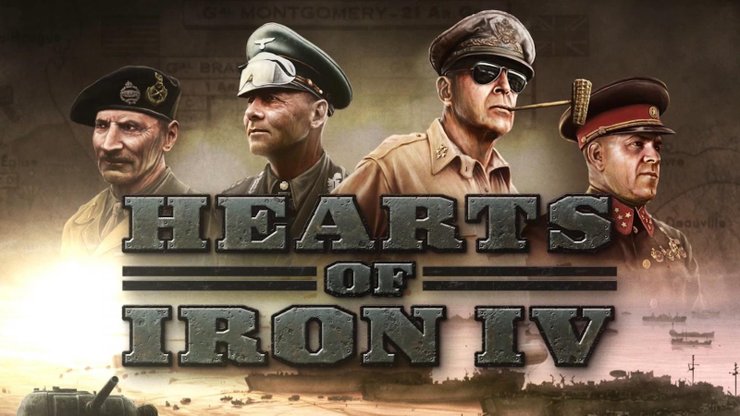
There's so much depth to the game it would take a small book to thoroughly review it, but I'll just settle to saying it has everything that comes to leading a nation through the times of WW2 in it modeled one way or another. The only aspect that remains pretty much abstracted is tactical battles, as your control is limited on division/flotilla/air fleet level, and the only way to affect below that is how you assemble your divisions (what kind of battalions and support companies are included in each division structure) and a little bit by choosing the general in command of the division. You can choose to abstract it even further by letting your generals take care of your large-scale orders on the army level, but I personally prefer to control divisions myself to preserve valuable manpower.
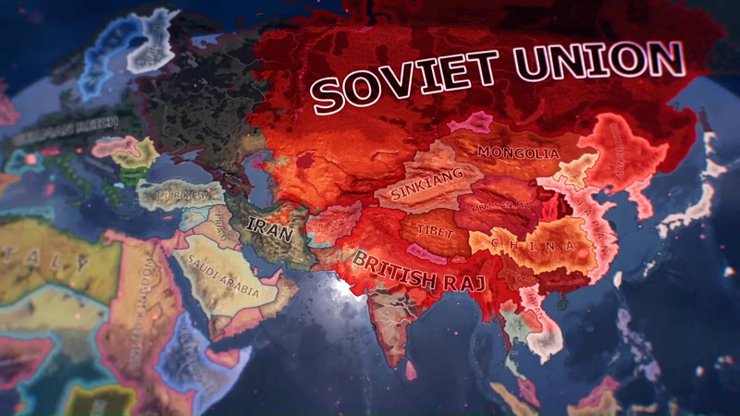
Other than that, you certainly have a number of ways to tailor your nation's actions, and it isn't necessarily easy to approach. But like so many times in case of games with great depth, once you master the game mechanics there is a vast amount of things to keep your interest up. If Paradox games and grand strategy games, in general, are to your liking, in my opinion, Hearts of Iron 4 is one of if not your best bet to play this very frequently depicted era.
5. STAR WARS Empire at War
Star Wars: Empire at War is a real-time strategy game from Petroglyph and published by LucasArts, the best strategy game in the Star Wars franchise. From the lives of soldiers to the deaths of planets, you are the supreme galactic commander. It is a time of galactic civil war. Take up the reins of the Rebellion or assume control for the Empire. Whichever you choose, it will be up to YOU to steer your side to ultimate victory. Command everything from individual troops to starships and even the mighty Death Star as you execute campaigns on the ground, in space and across the galaxy. Forget tedious resource gathering – just jump straight into the heart of the action.
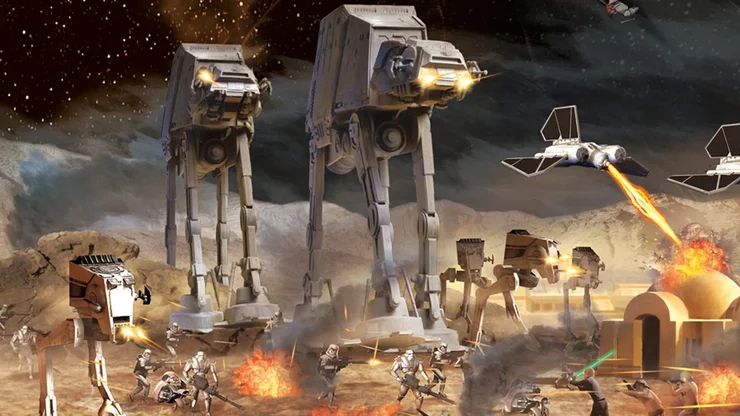
Overall, it is plenty of bang for your buck, with three campaigns, about a dozen turn-based conquest modes, and classic skirmish battles. However, if you're an experienced RTS fan, you might find the ground battles lacking. The unit controls are imprecise, the balance questionable, and the pop limit placed painfully low. That said, the space battles are magnificent. Each class of ship has its place, and the pop limit gives you far more breathing room. The game just shines here.
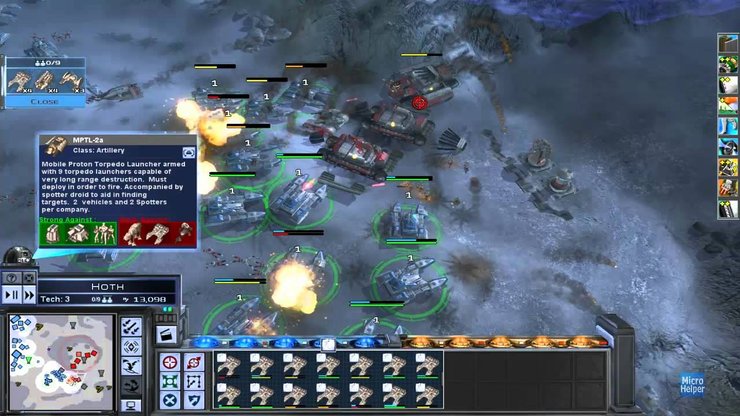
And when vanilla bores you, check out some of the mods on moddb. I personally recommend the Revenge of Thrawn and Republic at War projects, both of which introduce a plethora of new units familiar to longtime Star Wars fans.
>>> Read more: 10 Best Games To Play On The Steam Deck (2022)










Comments